During the day our family of six splits in different directions but everyone returns in the evening and sits around the dinner table to report about their day. You never know what you’re going to hear.
4th Grader: We may run out of peanut butter soon.
Me: I’ll add it to the grocery list.
4th Grader: No. Everyone may run out of peanut butter. The inventor of the peanut butter machine put in a special code so no one could rip off his invention. It’s about to expire and no one knows the code. So, all the machines are about to stop working and no one will be able to make peanut butter.
Often, as a mother of four, my number one follow up question to any story is, “Who told you that?” (Quite often, as in the case of the peanut butter crisis, it’s an older brother.) It’s much more difficult to unpack misleading information after my kids have already accepted it as fact. Instead, I want to explicitly teach my kids to proactively consider the expertise of new sources of information.
Can I Call a Witness?
At thinkLaw, we teach kids critical thinking strategies taught in law school. In our Investigation and Introduction to Discovery lessons, students are given a brief introduction to a legal case and asked to plan an investigation. Part of that plan is determining witnesses. Witnesses are not limited to eyewitnesses. Instead, we want students to consider expert witnesses that can help establish their case.
The process of identifying expert witnesses is not just a skill for school or in a courtroom. This is a skill adults use in their decision making and something you can practice at home. There are two basic components:
- Identify a Witness. A popular thinkLaw lesson involves the infamous McDonald’s hot coffee case. A woman spilled hot coffee on her lap, was burned, and sued the restaurant. What witnesses need to be called in this case? Initially, thinkers will list witnesses that were present at the time of the accident: the woman, her grandson, and restaurant employees. However, thinkers will begin to think of less obvious witnesses and may want to call an expert witness on coffee temperatures, a burn expert, or a representative from the cup manufacturer. Who trains employees to make coffee? Who wrote the employee directions? Thinking of witnesses will help lead us toward evidence we need to collect.
- What Can That Witness Tell You? To develop our case, it would be helpful to understand the proper way to use and maintain the coffee machine. We would need to know at what temperature a liquid causes a serious burn. How often does this type of injury occur? What was the woman’s recovery like after the burn? It is important for thinkers to gather information to make an informed decision on the case. Each witness can provide nuanced information that will be critical to the case.
This Strategy Can Be Used in Any Setting
What blogs should you read about cooking? Who can talk to you about important medical decisions? What podcast will give you the best advice about sports conditioning? Who should you talk to if your car is making a funny noise?
People often talk about the moment they first realized their parents were not all-knowing as an almost traumatic experience. I WANT my kids to know that I do not know everything because neither will they. I want to model and teach my kids the process for knowing when to seek outside advice and information, knowing how to find the sources they need, and understanding how they can determine what “experts” they should trust. One mark of a mature critical thinker is recognizing what you do not know.
How should our kids make decisions about what is healthy? Who are the experts? Is it an influencer on social media that happens to sell diet pills? Is it the author of a popular new diet book? Is it their personal physician? It is my job as a parent to help them know how to learn and seek information about real-life decisions.
Four Quick Ways to Consider Expert Witnesses at Home
These four examples are quick witness strategies you can apply today with little to no prep that will get your kids thinking about expert witnesses.
- Obvious and Less Obvious
Brainstorming witnesses is what we call in education a low floor, high ceiling exercise. Every kid can think of a list of witnesses, but there is no cap on the creative and original experts that kids can name. Present your kids with any scenario. Who are the obvious experts? Who are the less obvious witnesses? What can the experts tell us?
- Should we refrigerate our eggs?
- Should we buy an extended warranty?
- Should we add flood insurance to our homeowner’s policy?
- What pet would be best for our lifestyle and living arrangement?
2. Job Listing
Imagine you are looking for an expert. What would you post in the job listing?
- What qualifications would make a person an expert in that area?
- What education do they need to have?
- What experience do they need to have? Does it need to be formal experience, or can it be life experience? Why?
- What do you need to see or hear to know you can trust this expert?
3. Choose Your Crew
As a family, take two minutes to brainstorm every expert that could help solve a problem. Then pose the following question: If you could only select THREE of the witnesses on this list to help you, which three would you pick and why?
4. Would You Rather?
Give thinkers two experts to choose from. Have thinkers brainstorm arguments for BOTH experts before deciding which witness they would choose.
- Example: You need to bake a cake. Would you rather have grandma help or a professional French pastry chef? Why?
- Best Argument for Family Member: Grandma is an excellent baker! She makes my favorite chocolate cake and if I were making a cake, I would want it to be just like hers.
- Best Argument for French pastry chef: This person is at the top of their field. They make the best desserts in the world. If I wanted to make a fancy cake, this would be the best expert to help me.
Considering witnesses is a quick strategy that can be executed in just a few minutes but will help build lifelong mindsets your kids need to navigate real-world situations.
Teach Your Child How To Think,
Not What To Think
Our goal is simple – help parents raise their kids into thoughtful adults who are able to make informed decisions about the world around them. We want you to feel confident knowing that your child will grow up with the tools they need for success in school and beyond.
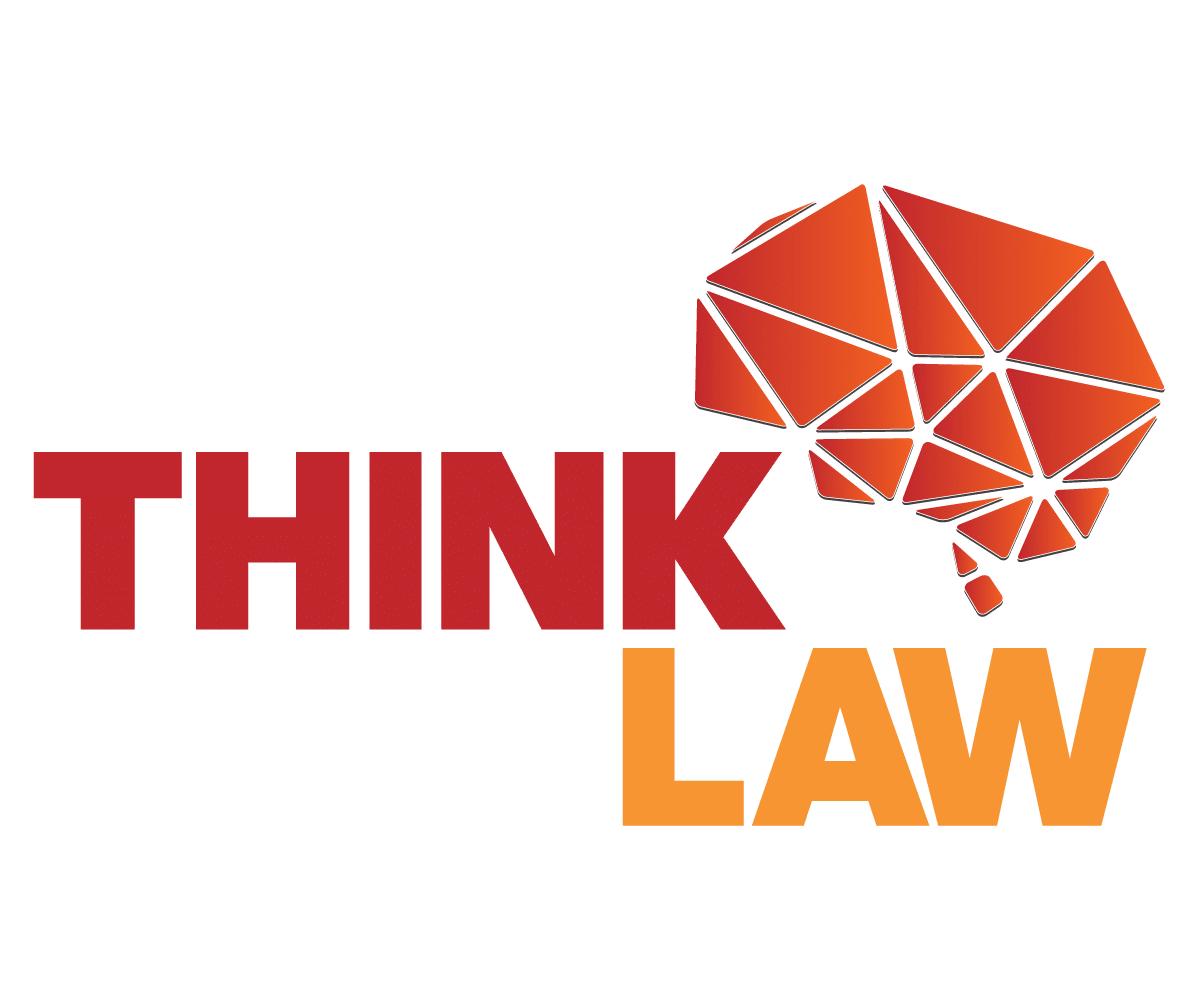
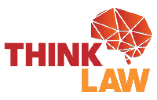
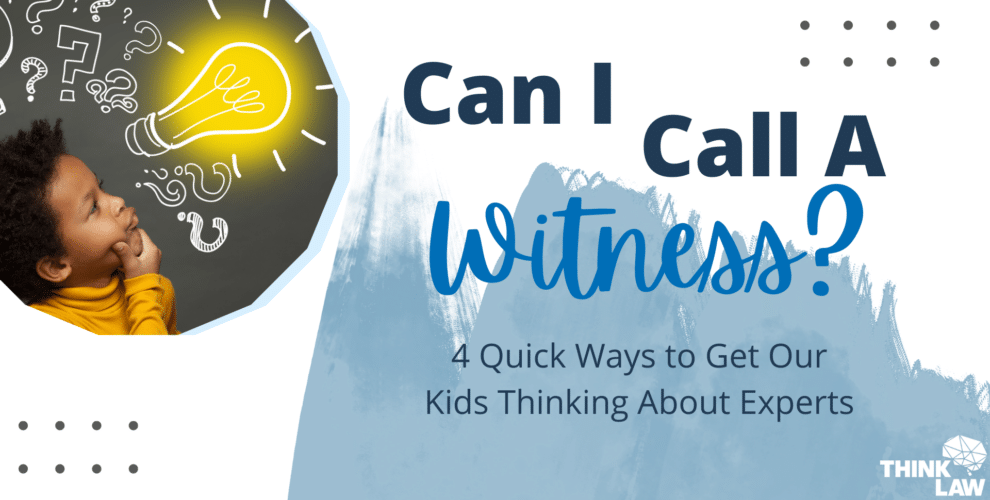
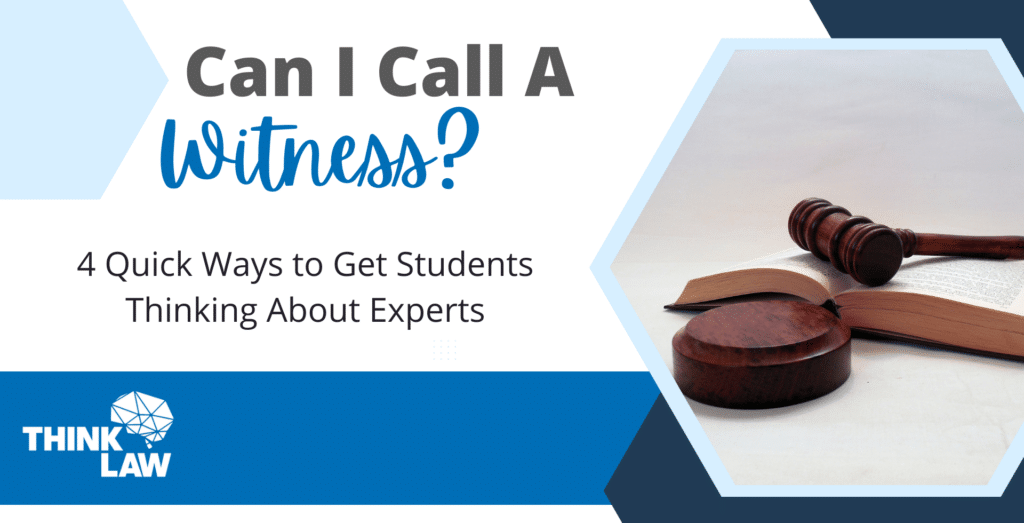
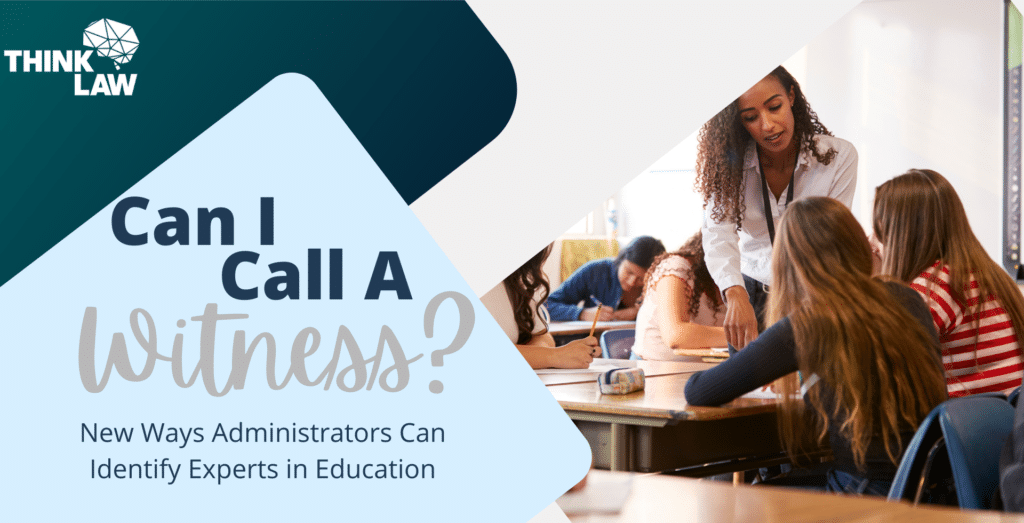
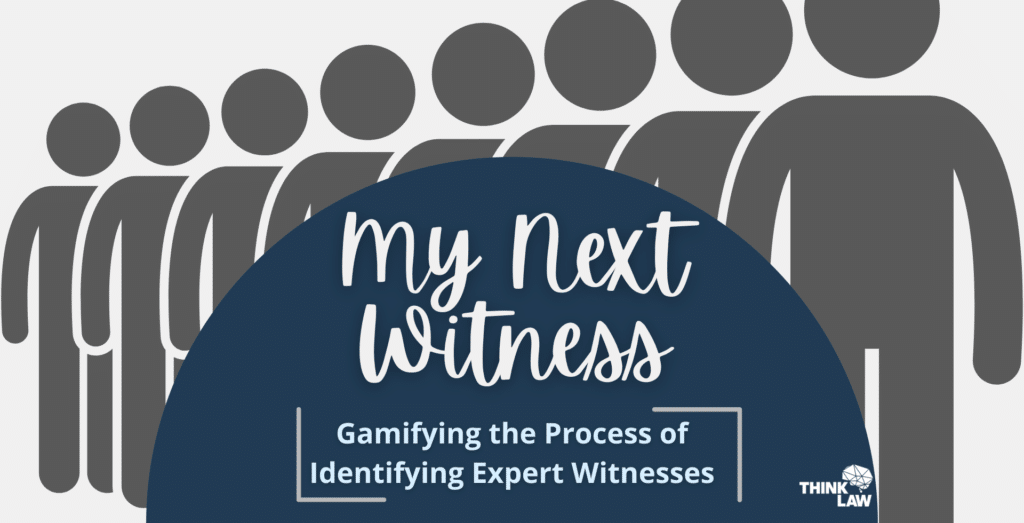
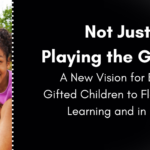
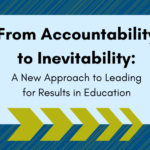
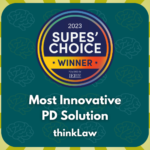
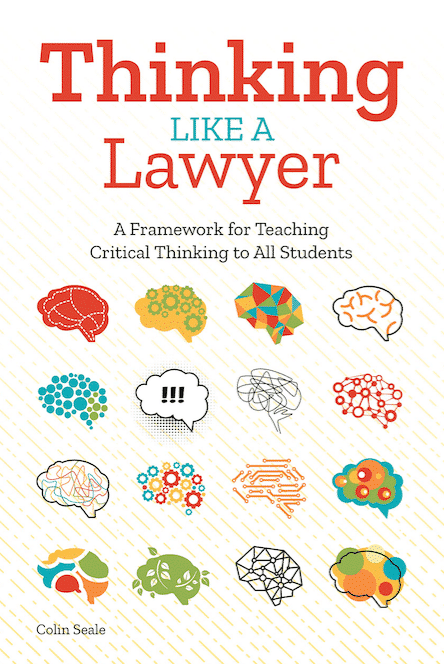
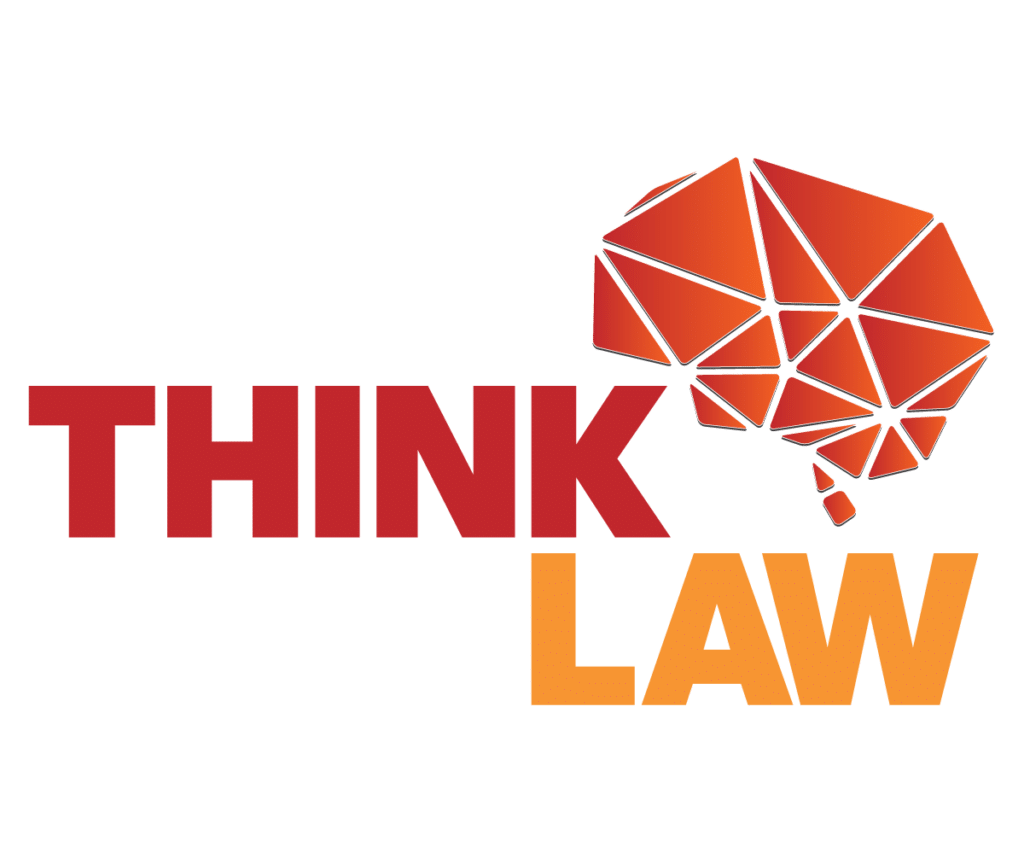
Leave a Reply